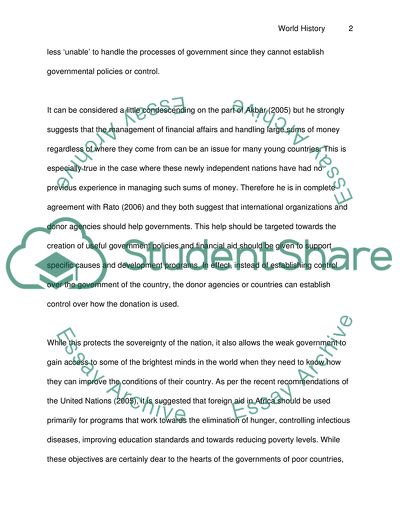Cite this document
(“World History Essay Example | Topics and Well Written Essays - 1250 words - 1”, n.d.)
Retrieved from https://studentshare.org/miscellaneous/1541674-world-history
Retrieved from https://studentshare.org/miscellaneous/1541674-world-history
(World History Essay Example | Topics and Well Written Essays - 1250 Words - 1)
https://studentshare.org/miscellaneous/1541674-world-history.
https://studentshare.org/miscellaneous/1541674-world-history.
“World History Essay Example | Topics and Well Written Essays - 1250 Words - 1”, n.d. https://studentshare.org/miscellaneous/1541674-world-history.


